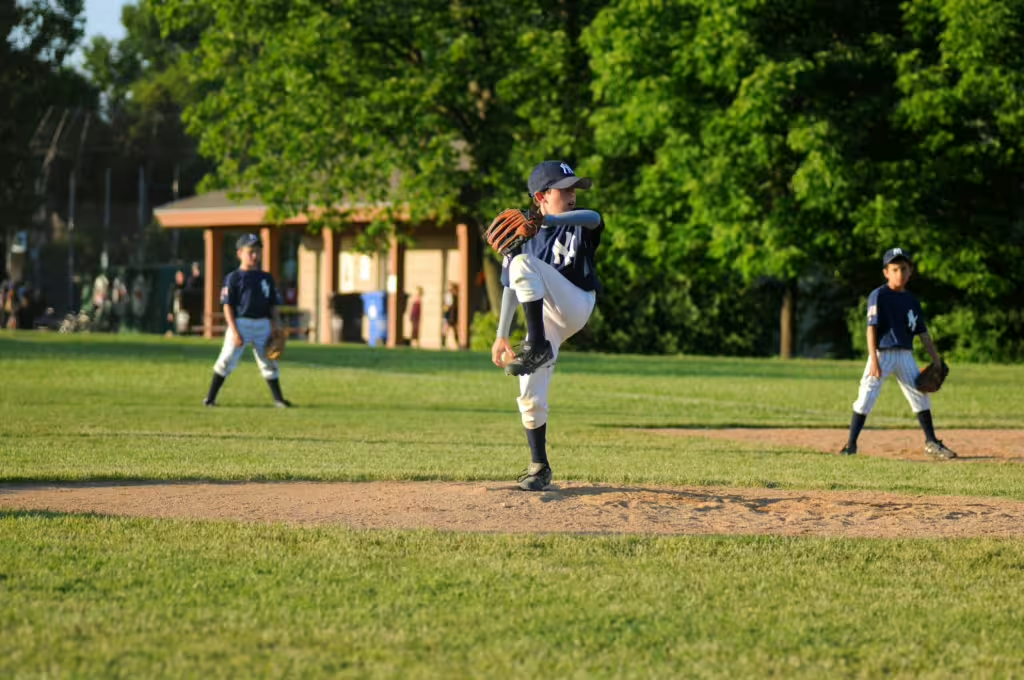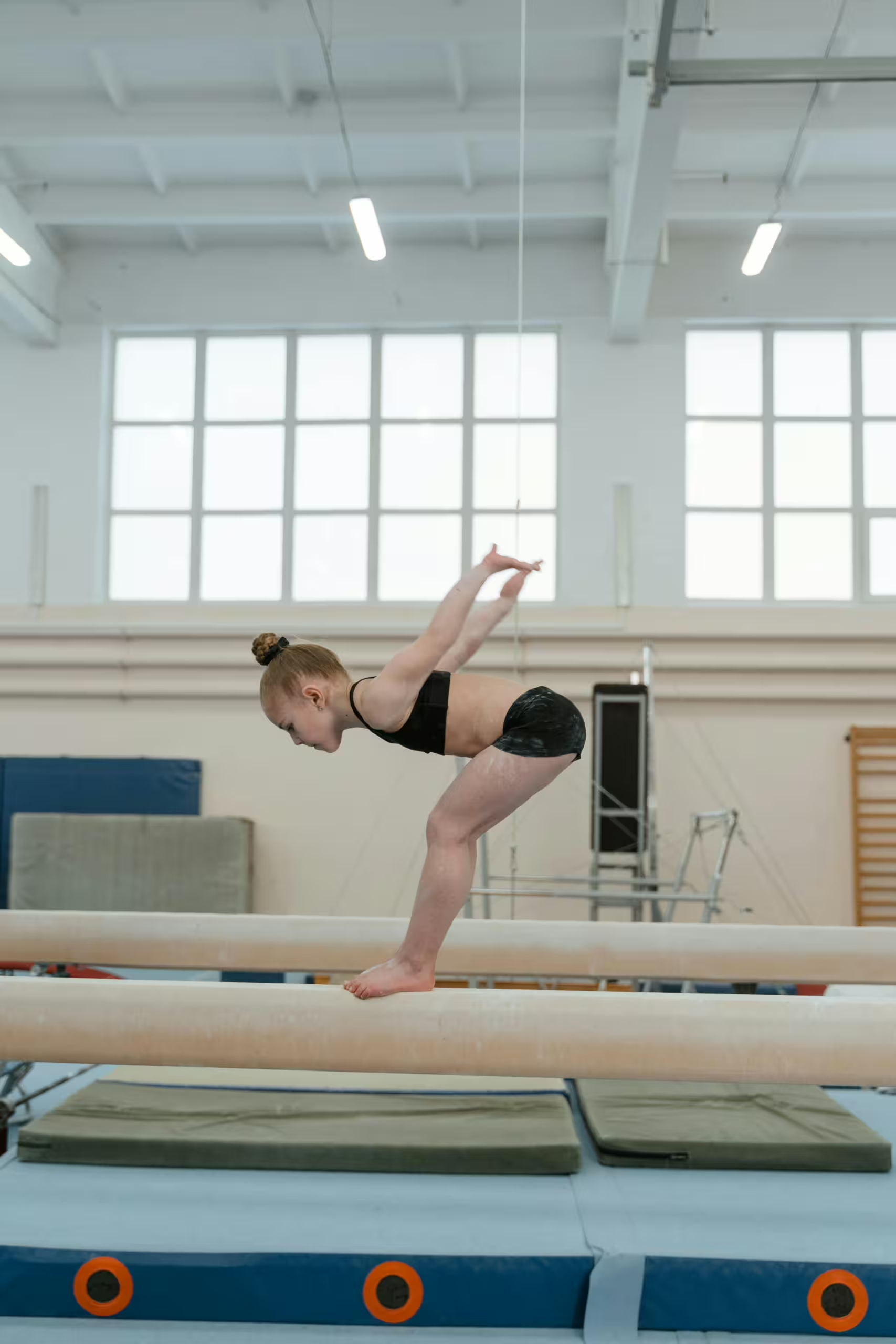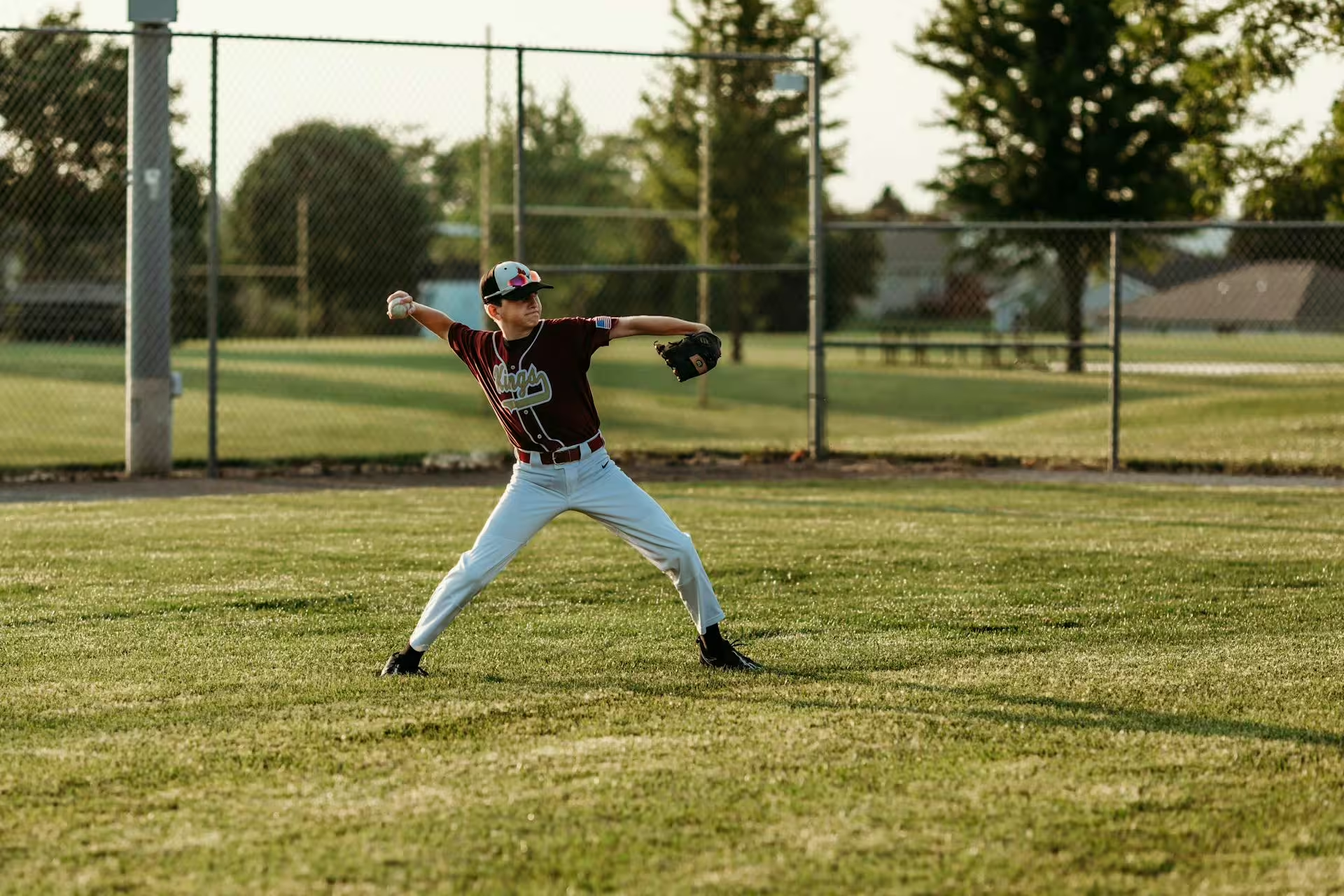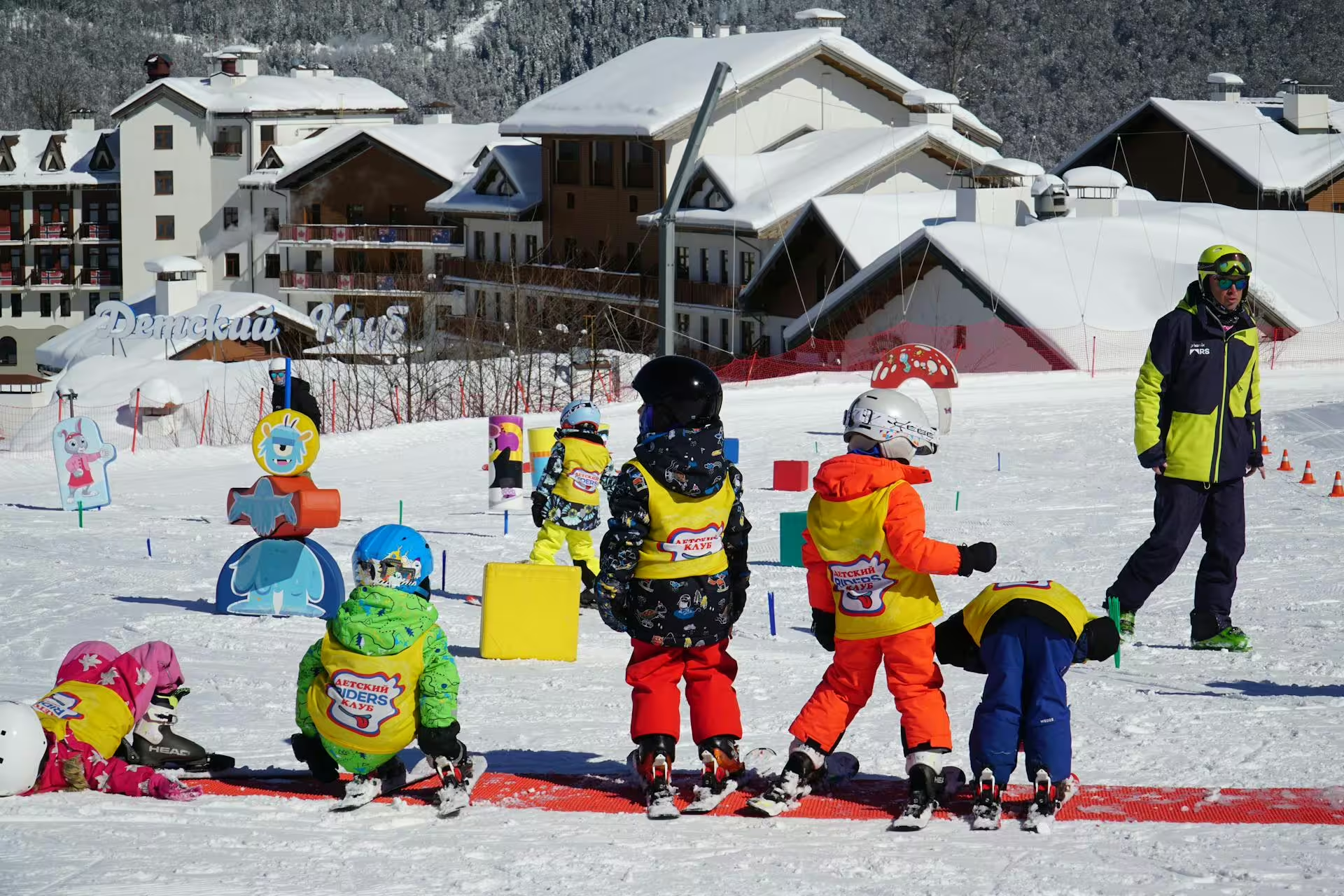At Cultured Athlete, we know that athletics and fun go hand-in-hand; or at least they should be. No everyone remembers this, however. Many parents, coaches, and even the children themselves, put too much pressure on finding success in sports, rather than finding enjoyment. We are firm believers that when kids play sports, the main focus should be on them having fun. Certainly we want children to learn new skills, make new friends, experience victory, and reach for the stars. But separate from all of that should be enjoyment.
While winning games and achieving goals are exciting, confidence-building parts of the sports experience, research shows that having fun is perhaps the most important factor in helping young athletes improve their performance. More importantly, having fun in sports allows children to develop a lifelong love for sports that transcends the results of a single game or playoff season.
In this article, we will tap into this idea of fun and explore why it is so crucial for children to have fun playing youth sports. At the same time, we will learn how intensely fun impacts a young athlete’s physical and mental development. Finally, we will close with some ideas for what parents and coaches can do to create an enjoyable environment that helps kids thrive on and off the field.
The Role of Fun in Youth Sports
Any parent, uncle, friend, coach, or educator can plainly see how naturally engaging sports are for children. Possessed of boundless energy and unbridled potential, children are most at home when they are feeling good about the things they are doing, whether that be painting a portrait to hang on the fridge or running after their playmates to make a goal in soccer. Sports are particularly effective in this regard because they involve movement, teamwork, and excitement; a perfect combination for a happy child.
But as children get older, as other claims on their attention begin to crop up, or even when the fun disappears due to losses, mistakes, or other unforeseen circumstance, so too can a child’s interest in participating. Why would a child wish to continue in a sport or any activity where they aren’t having fun? The truth is, when asked about why they love to play sports, children ranked having fun at the very top of their lists. Unusual as it may seem, winning ranked much lower on their list of priorities.

Why is fun so important, you might ask? Let’s break it down:
Fun Encourages Participation
When kids are having fun, they are far more likely to stick with a sport. This is important because consistent practice and regular participation are essential for skill development, fitness, and forming healthy habits in sports, or any area of life. Thus, if a child feels pressured or stressed, they may lose interest. If they quit before they’ve had a chance to grow, then nobody wins.
Fun Builds Confidence
Enjoying sports allows kids to feel good about themselves and their abilities. When kids are having fun, they’re more open to trying new things. They will be apt to want to test out new skills and challenge themselves in ways they might not have considered, otherwise. All of this is a perfect recipe for building confidence, which is something children need if they are to succeed in life.
Fun Reduces Pressure
Competitive sports can put immense pressure on children. Not only are they expected to perform in front of crowds of people, including their friends, family, coaches, teammates, and opponents, the implication is that they are expected to perform well. Therefore, an environment that prioritizes fun over winning can help take the edge off, allowing young athletes a rare opportunity to relax and perform at their best.
The Science Behind Fun and Performance
Having fun isn’t just about smiles and laughter; though that is a good indication that something has gone right! Nevertheless, “fun” actually has real, measurable effects on an athlete’s performance. Some of those effects are:
Positive Emotions Enhance Learning
When children are happy and engaged, their brains release dopamine, a neurotransmitter that plays a key role in motivation and learning. Dopamine is often called the “Feel-good” hormone, because of its effect on the brain’s pleasure centers. Kids who make this neural connection on the sports field are far more likely to remember what they’ve learned during practice or the game, and apply it effectively each time they play.
Fun Improves Focus
Enjoying any activity increases a person’s focus and concentration, whether they are a child or not. Think a bout every time you’ve played a video game, the more fun you’re having, the better you feel like you’re getting. There is some truth to this sensation, because in many ways you are getting better. In the same way, kids who are having fun are less distracted and more immersed in the game, which helps them improve their skills.
Reduced Stress Boosts Performance
We have all felt the debilitating effects of stress and anxiety. Kids can feel the same things, and those feelings can have similar effects on them as it does on us. Stress can interfere with coordination, decision-making, and overall performance, and anxiety can shake a young athlete’s confidence unlike few other things. Having fun helps reduce stress, allowing kids to play with more confidence and fluidity.
Play Encourages Creativity
Unstructured play—like the kind kids experience when they’re just having fun—is also a good thing for children who have even a passing interest in sports. Such free play fosters creativity, which can then be carried into actual sports competitions. Thus, players who have fun become more innovative problem-solving, become more adept at quick decision-making, and ever more adaptable during games.
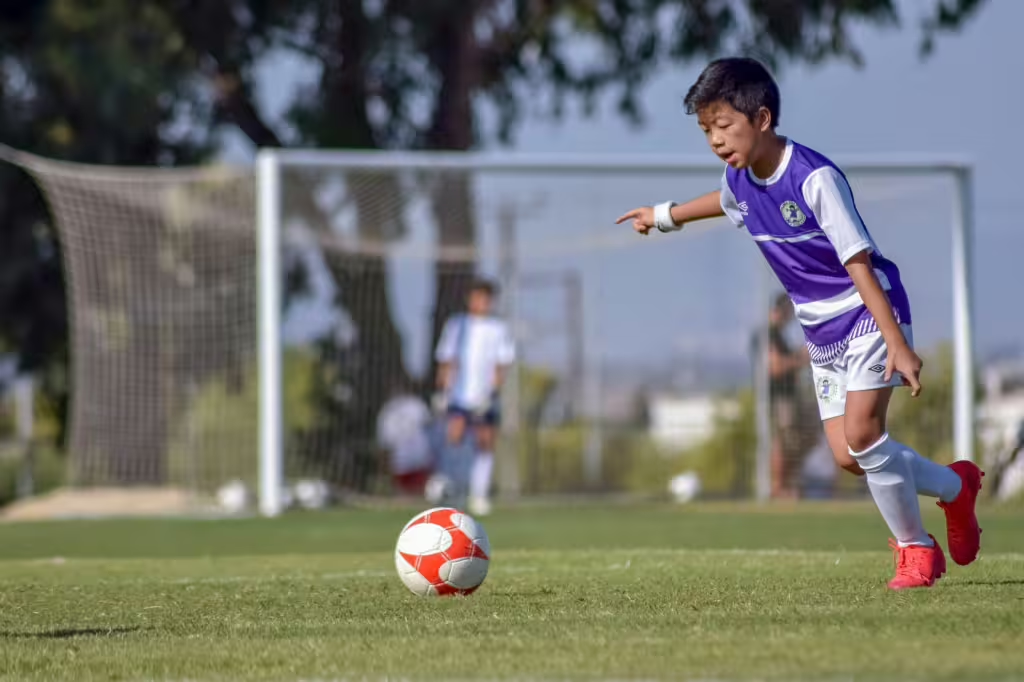
The Long-Term Benefits of Enjoyable Sports Experiences
Children that have fun while playing sports reap a multitude of benefits that extend far beyond the court, field, or gymnasium. Some of those long-term advantages include:
Lifelong Physical Activity
Young athletes who associate sports with fun are more likely to stay active as they grow older. In this age of screens, social media, and sedentary vocations, this becomes more imperative than ever, We want our children to see exercise as an enjoyable part of life, right from the start. We do not want them to view it as a chore as so many of us do. By fostering a love of sports and exercise from a very young age, we can give our children the tools they need to have a lifetime of better health overall.
Improved Mental Health
By now, most of us understand that enjoyment and physical activity are good for the mind. In addition, sports that specifically emphasize fun and camaraderie can boost self-esteem, reduce anxiety, and promote emotional resilience in children. In this way, kids who have positive experiences in sports often carry those benefits into adulthood.
Stronger Social Connections
Sports are already a great way for children to form lasting friendships and develop teamwork skills that will help them well into their adult years. These connections are invaluable for children and foster in them a real sense of belonging and community.
Academic and Career Success
What was once little more than an activity to keep kids busy and keep them active, has evolved into a means of teaching children valuable life skills. Perhaps it always was, we just weren’t as aware of its future implications. Today, modern research suggests that the skills developed in sports—like discipline, perseverance, and communication—can translate to academic and professional success in young people. We know full well that children who enjoy sports are more likely to stick with them, giving them more opportunities to develop these skills.
What Happens When Sports Stop Being Fun?
There are negative here too, however. When the focus of sports shifts too heavily toward winning, things can take a turn. Kids should not be too focused on performance or competition, and we should not be forcing that upon them. If we do, if children lose the joy of playing sports, the ripple effect can cause all sorts of emotional and physical issues down the line. Indeed, burnout, frustration, and quitting altogether are just the first signs of what could be real long-term issues.
Signs of Burnout
- Lack of enthusiasm for practices or games
- Complaints about feeling tired or bored
- Increased stress, anxiety, or frustration
- Avoiding sports activities altogether
The thing is, if children feel like they’re playing for others’ expectations rather than their own enjoyment, they are far less likely to continue participating or perform well. This is just kid psychology 101; kids don’t like to do what they are told. Sure, they appreciate when you are proud of them, but they need to feel as if they chose what they were doing, not that it was foisted upon them.
How Coaches Can Make Sports Fun
Coaches play a pivotal role in shaping a child’s experience in sports. Bad coaches can push children too far, burning them out and shattering confidence, whereas a good coach understands that fostering a fun and supportive environment leads to better outcomes; and better athletes.
Emphasize Skill Development Over Winning
Winning might be wonderful, but it shouldn’t be the main goal in youth sports. The focus of good coaching should be to teach skills, encourage effort, and celebrate improvement. This helps young athletes feel accomplished, regardless of the outcome of the game.
Create an Inclusive Environment
Coaches should take every opportunity to include each child on the team at some point during the game or during practice. Children should feel valued and included, regardless of their skill level. This isn’t always a coaches, first priority, but if they are a good coach, it ought to be. Coaches have it in their hands to create opportunities for all players to contribute, ensuring that everyone has a chance to shine.
Encourage Positive Reinforcement
Coaches should be able to recognize effort and celebrate small successes in their athletes. These small actions can go a long way in keeping kids motivated to continue playing at the best. For example, a simple “great job” or “nice try” can boost a child’s confidence and enjoyment well beyond what we might expect!
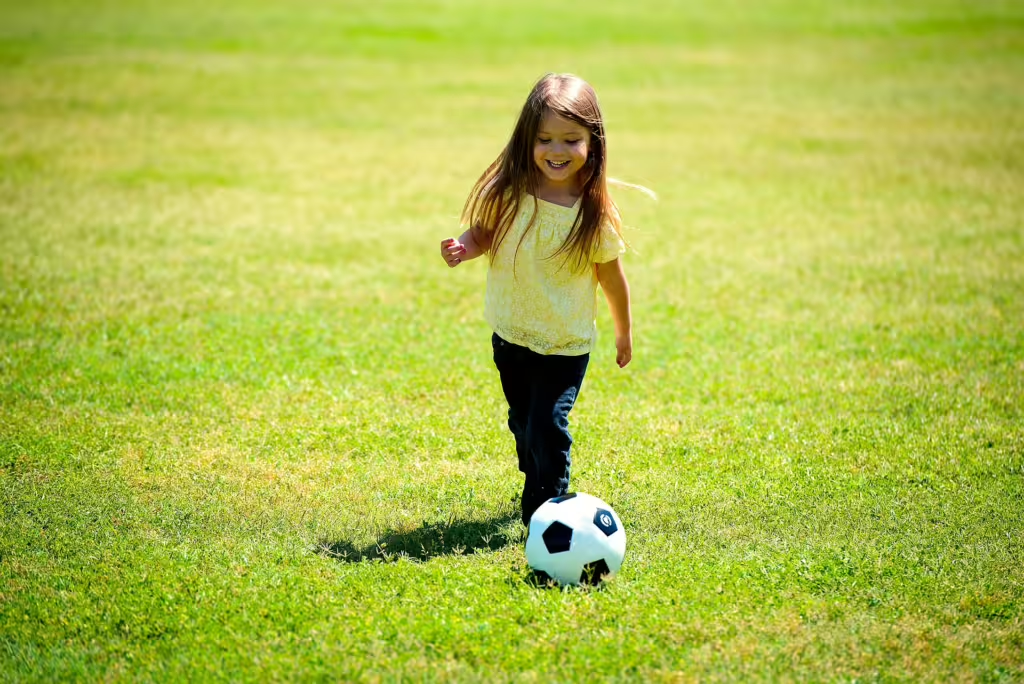
How Parents Can Support a Fun Sports Experience
When it comes to ensuring that kids have fun in sports, parents are just as important as coaches; possibly even more important, as they are the adults who interact with their children most of the time. Here are some tips that parents can use to foster a more positive and enjoyable sports experience in their kids:
Focus on Effort and Improvement
Parents should always praise their children for their effort, not just their achievements. Highlighting a child’s hard work and dedication shows them that success isn’t just about winning, it’s about doing their very best.
Avoid Overemphasizing Competition
This one can be quite hard for parents that naturally gravitate towards winning. And while it’s perfectly natural to want our children to succeed, putting too much pressure on them winning can backfire. Thus, the goal should be to a greater focus on personal growth and enjoying the game, over winning the trophy.
Be a Cheerleader, Not a Critic
Parents should always support their children by cheering them on during games and practices. Also, try to avoid criticizing their performance, even if you think that criticism might be helpful. This can lead to self-doubt and reduce their enjoyment. When it comes to giving tips on improvement, try to compliment sandwich it, or else leave it to the coaches.
Real-Life Examples of Fun-Focused Success
Some of the greatest athletes in the world credit their success to the fun they have had playing sports when they were younger. One popular example is legendary soccer player, Pelé, who often spoke about how playing barefoot in the streets of Brazil sparked his love for the sport. Similarly, tennis superstar Roger Federer spent his early years experimenting with various sports, but he always emphasized having fun over intense competition. In this way, Federer was able to find which sport he enjoyed the most, and kept with it.
Cultured Athlete Says…
As you can see, fun is not only the foundation of youth sports, it is the motor that keeps it going. Fun motivates children to keep participating, to become better, and to succeed. Having fun while playing sports helps children develop important skills and fosters a lifelong love for physical activity.
As parents, coaches, and role models, we have a responsibility to make sports more fun, to create an environment where enjoyment is prioritized. If we continue to do this, if we continue to foster a love in sports and exercise, we’re not just building better athletes—we’re nurturing confident, resilient, and happy kids who will carry the lessons of sports with them throughout their lives.
Discover more from CulturedAthlete
Subscribe to get the latest posts sent to your email.

